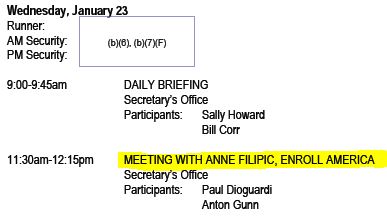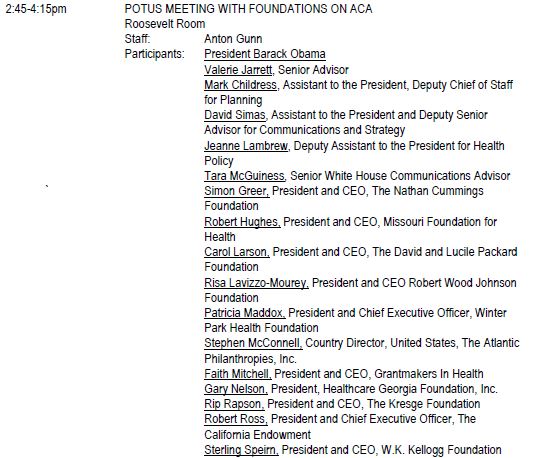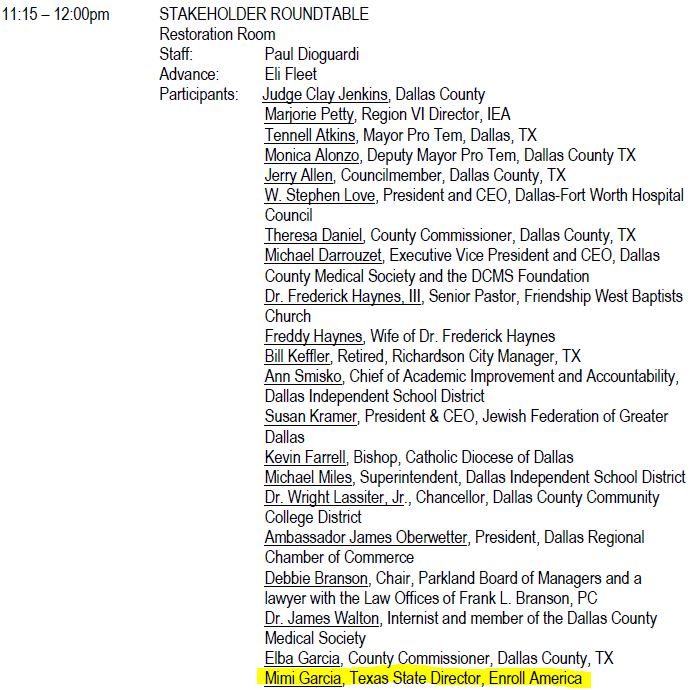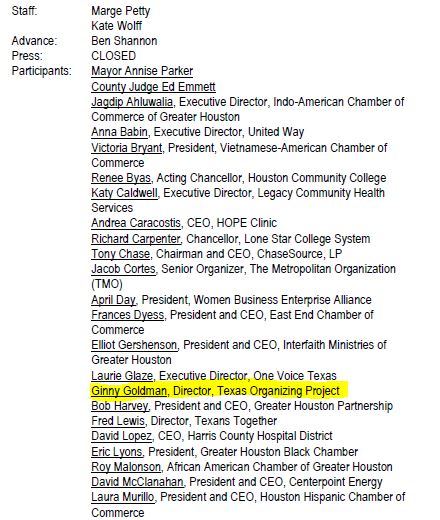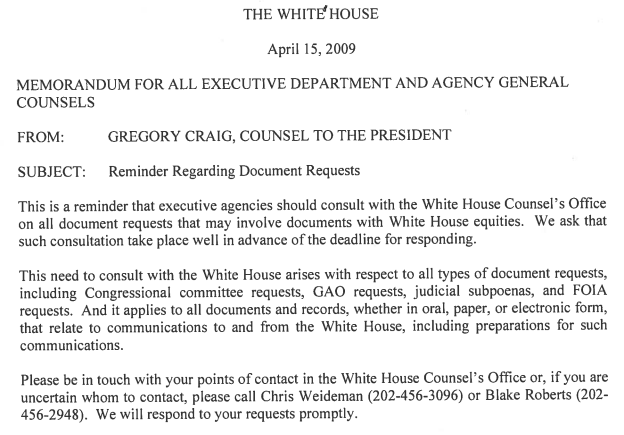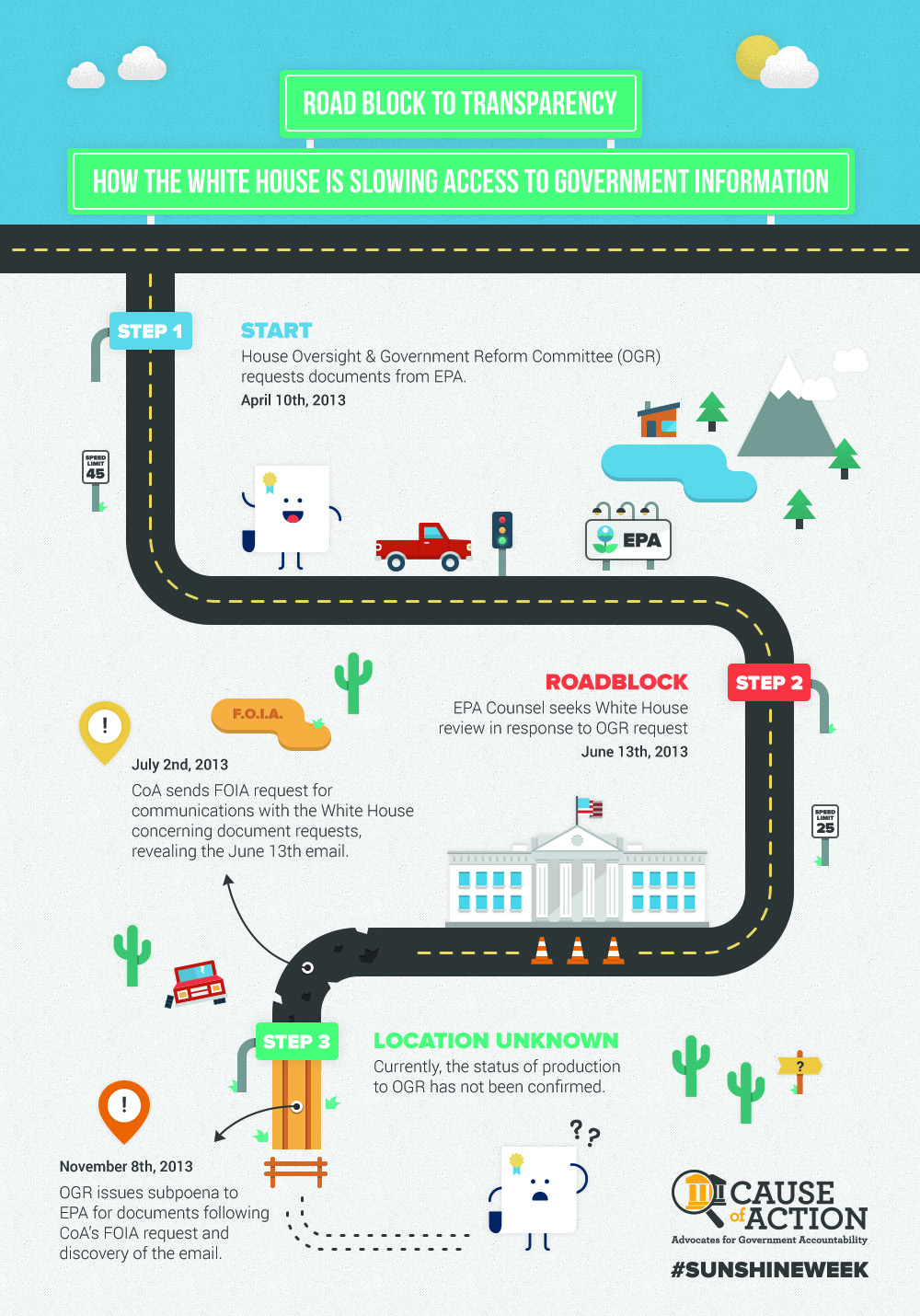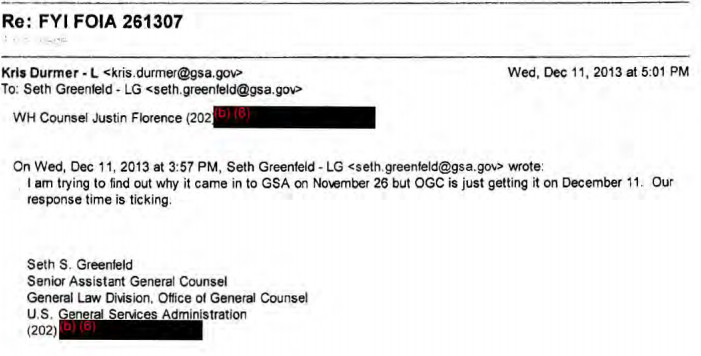Cause of Action, a government accountability group which has investigated former Department of Homeland Security acting Inspector General Charles Edwards, issued the following response to the report released today by the Senate Committee on Homeland Security and Governmental Affairs (HSGAC), Subcommittee on Financial and Contracting Oversight:
In addition to being the subject of Thursday’s report released by the Senate Committee on Homeland Security and Governmental Affairs, Charles Edwards is still under investigation today for allegations of misconduct by the Council of the Inspectors General on Integrity and Efficiency (CIGIE).
Cause of Action’s own two-year investigation into Charles Edwards prompted us to raise concerns to President Obama about the destruction of records and complaints filed about his misconduct that would warrant Edwards’ removal from office and potential criminal liability. We know that the Office of Special Counsel forwarded at least one complaint about Edwards to CIGIE. Additionally, we sued the Department of Homeland Security Office of Inspector General (DHS OIG) for failing to produce documents related to these misconduct complaints under the Freedom of Information Act (FOIA). This lawsuit could have been avoided, as DHS OIG voluntarily provided such information to HSGAC. This transparency failure is now costing time and resources in court for what could have been a simple compliance with FOIA.
Under federal law, knowingly destroying records with the intent to obstruct an investigation or the proper administration of any department or agency of the United States is punishable by a fine, imprisonment, or both. Accordingly, CIGIE should complete its investigation as expeditiously as possible and refer evidence of criminal conduct to the Department of Justice, especially since Edwards remains employed at DHS in a managerial position.
